How to Choose the Right Commercial Coffee Roaster for Your Business Needs
Choosing the right commercial coffee roaster is a critical decision for any business aiming to provide high-quality coffee to its customers. With a wide variety of options available on the market, understanding the key features and specifications that align with your business needs is essential for success. This guide aims to simplify the selection process by breaking down important factors, such as roasting capacity, energy efficiency, and ease of use, to help you make an informed choice. Whether you are a small café, a bustling coffee shop, or a larger roasting operation, finding the ideal commercial coffee roaster will not only enhance the flavor profiles of your brews but also improve operational efficiency and customer satisfaction. By delving into the nuances of different roasters and their unique capabilities, you can better understand how to select the perfect machine for your coffee business.
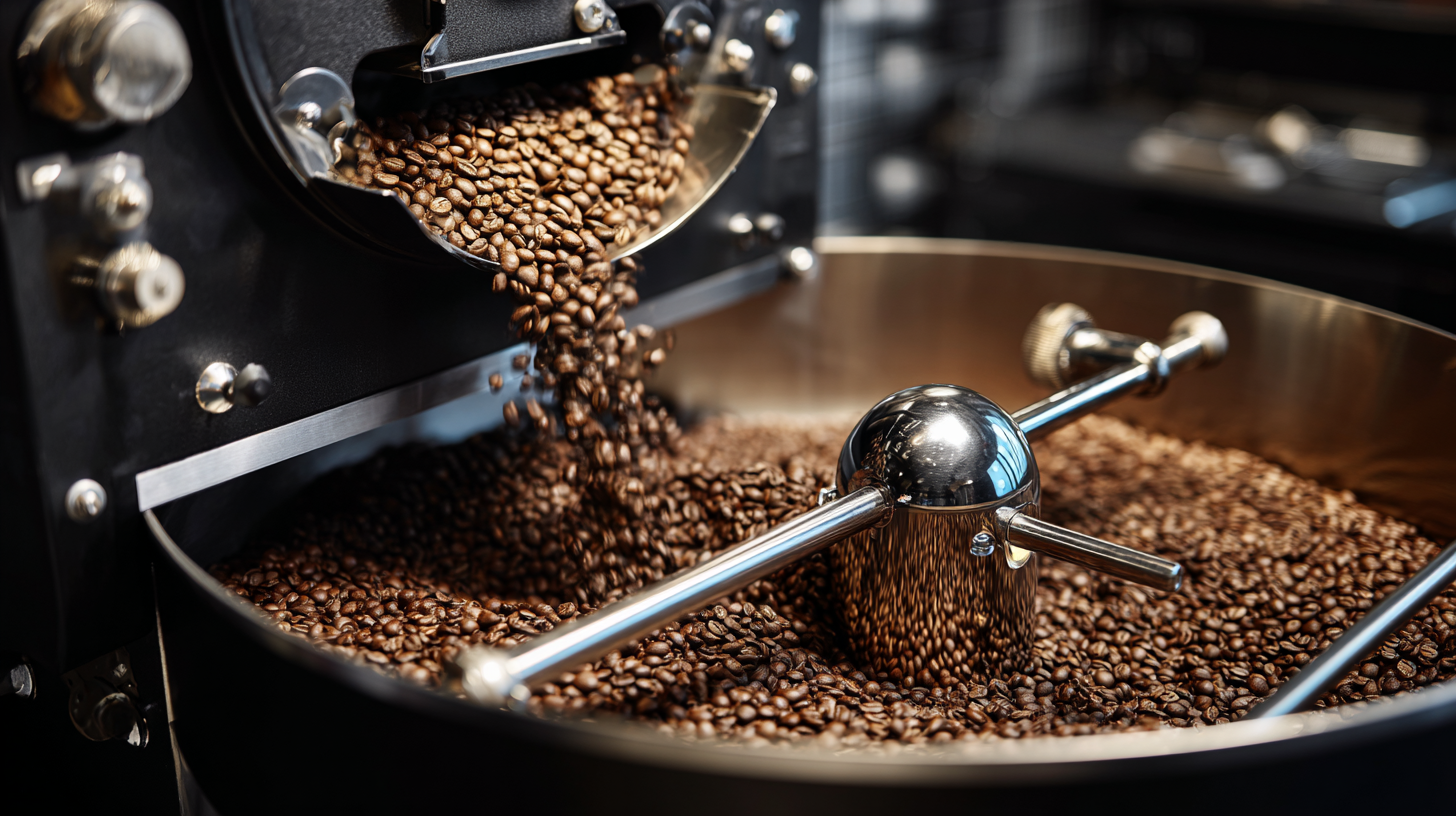
Identifying Your Business Goals and Needs for Coffee Roasting
When selecting a commercial coffee roaster, it's essential to first identify your business goals and specific needs. According to a 2021 report by the Specialty Coffee Association, nearly 75% of coffee retailers highlighted the importance of quality and consistency in their roasting process, which directly impacts customer satisfaction and brand loyalty. Your roasting equipment must align with your quality goals, whether you aim to produce specialty blends or high-volume classic roasts.
Additionally, consider the scale of your operations. A roaster that can produce 10 kilograms per batch may suffice for a small café, while a larger operation might require a roaster with a capacity of 60 kilograms or more. The 2022 Global Coffee Roasting Equipment Market report indicates a growing trend for businesses to invest in scalable roasting solutions to accommodate increased demand. This is vital, as nearly 58% of coffee shops reported a spike in customer demand post-pandemic, necessitating flexibility in their roasting capabilities. Therefore, understanding your production needs and capacity will help you make an informed decision, ensuring the chosen roaster meets your current and future operational requirements.
Commercial Coffee Roaster Type Preferences
Evaluating Different Types of Coffee Roasters Available on the Market
When evaluating different types of commercial coffee roasters available on the market, it's essential to understand the various technologies and capacities suited to diverse business needs. There are primarily three types of coffee roasters: drum roasters, air roasters, and hybrid models. According to the Specialty Coffee Association, drum roasters are known for their ability to produce consistent roast profiles due to the even heat distribution, making them ideal for businesses focused on quality and flavor complexity. They are typically available in capacities ranging from 1 kg to over 60 kg, catering to both small cafes and larger scale operations.
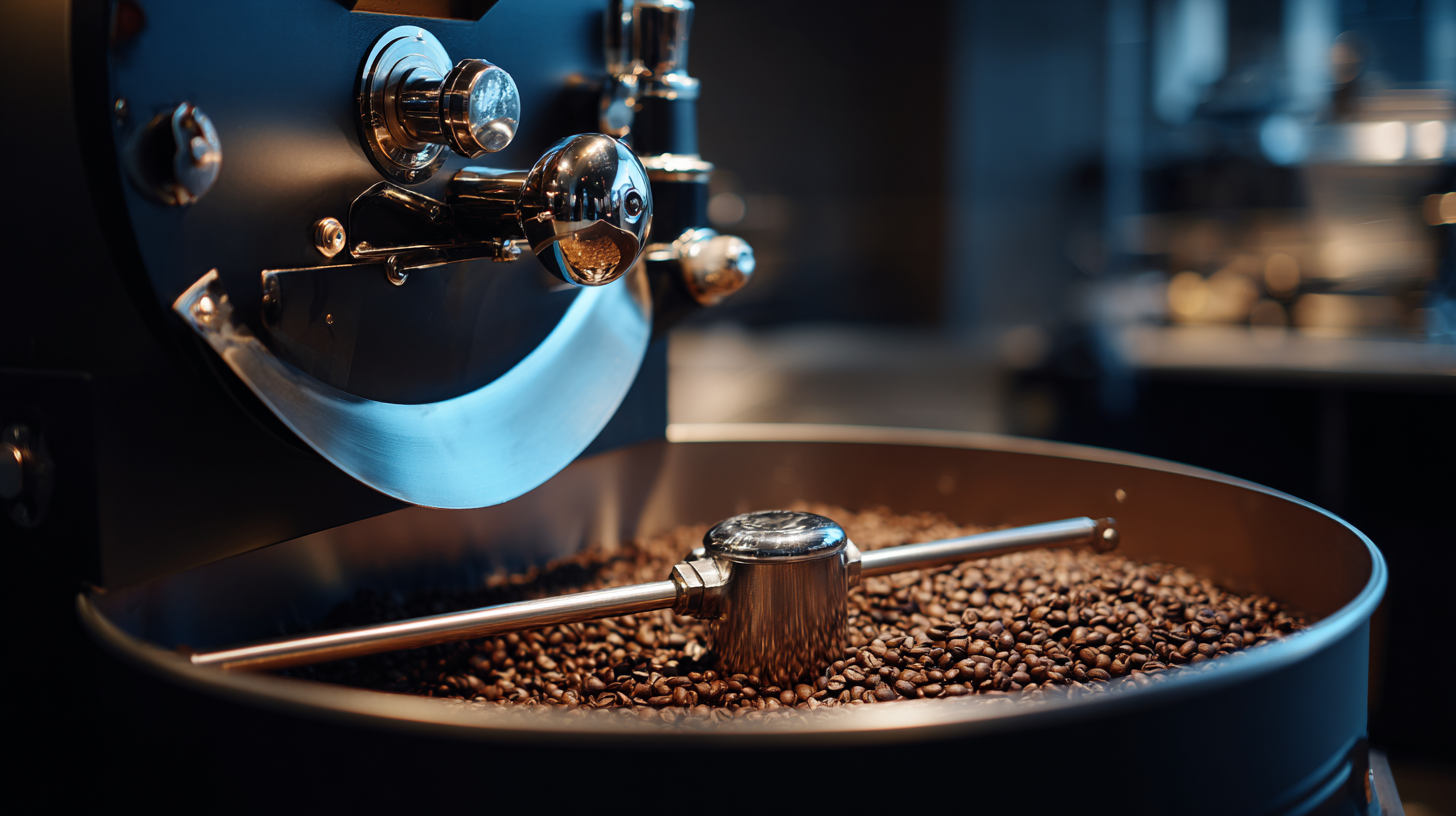
Air roasters, on the other hand, utilize hot air to circulate and roast the beans, resulting in a lighter, more delicate flavor profile. These are generally quicker and require less maintenance, appealing to start-ups and small businesses with limited space and budget. A report by IBISWorld highlights that the global coffee roasting industry is anticipated to grow by 6.1% annually, emphasizing the potential demand for diverse roasting methods. Understanding these roasting technologies, along with assessing your expected output and flavor goals, will help you select the right commercial coffee roaster that aligns perfectly with your business strategy.
Understanding Key Features and Specifications to Consider
When selecting a commercial coffee roaster, understanding the key features and specifications is essential to meet your business's unique needs. One of the primary considerations is the roaster’s capacity, which usually ranges from 1 kg to 60 kg per batch. According to a report by the Specialty Coffee Association, businesses that serve 100 to 300 cups of coffee daily typically benefit from roasters with a capacity of 5 to 15 kg, facilitating efficient production without sacrificing quality or flavor consistency.
Another critical factor is the roasting technology. You can choose from air roasting, drum roasting, and even hybrid machines. Each method affects the flavor profile of the coffee beans. A study from the Coffee Research Institute highlights that drum roasters, which are often favored by artisanal roasters, provide a more even roast due to the extended roasting time and control over airflow. Furthermore, considering features such as programmable profiles and cooling systems can significantly enhance consistency and accessibility in the roasting process, ultimately aligning with specific production goals and customer expectations.
How to Choose the Right Commercial Coffee Roaster for Your Business Needs
| Feature | Description | Importance Level |
|---|---|---|
| Batch Size | The amount of coffee roasted in one cycle. | High |
| Heat Source | Electric, gas, or hybrid options. | Medium |
| Roast Profiles | Ability to save and replicate roast processes. | High |
| Cooling System | Method for cooling roasted coffee quickly. | Medium |
| User Interface | Ease of use and navigation for operators. | High |
| Energy Efficiency | How much energy the roaster consumes. | Medium |
| Size and Footprint | Physical dimensions and space required. | High |
| Price Range | Cost of the roaster and warranty options. | High |
Assessing Budget and Cost-Effectiveness for Your Roasting Equipment
When choosing the right commercial coffee roaster, understanding your budget and the cost-effectiveness of your equipment is crucial. Investing in roasting equipment involves not only the initial purchase price but also ongoing expenses such as energy consumption, maintenance, and potential repairs. Recent studies highlight the importance of conducting a thorough economic evaluation of coffee production processes, emphasizing sustainability and efficiency. This approach ensures that you're not just looking at upfront costs, but also considering the long-term financial implications.
Tips: Start by assessing your roasting volume requirements and evaluate roasters that fit your production needs without overspending. Look for models that incorporate energy-efficient technologies, as these can significantly reduce operating costs over time, contributing to a more sustainable business model. Additionally, consider the resale value of the equipment; well-maintained roasters from reputable manufacturers tend to hold value and may provide a better return on investment when you decide to upgrade.
It is also beneficial to conduct a life cycle assessment of your potential equipment to understand its environmental impact and operational cost throughout its lifespan. By weighing these factors, you can make informed decisions, ensuring that your investment not only meets your commercial needs but also aligns with eco-friendly practices in the coffee industry.
Exploring Brand Reputation and Customer Support for Roasting Machines
When choosing the right commercial coffee roaster for your business, strong brand reputation and reliable customer support are crucial factors that can significantly influence your investment. According to a 2022 industry report by IBISWorld, the coffee roasting sector has seen substantial growth, with a market value exceeding $12 billion. Within this thriving landscape, brands like Diedrich and Probat stand out due to their longstanding track record of quality and service, often receiving high satisfaction ratings from customers.
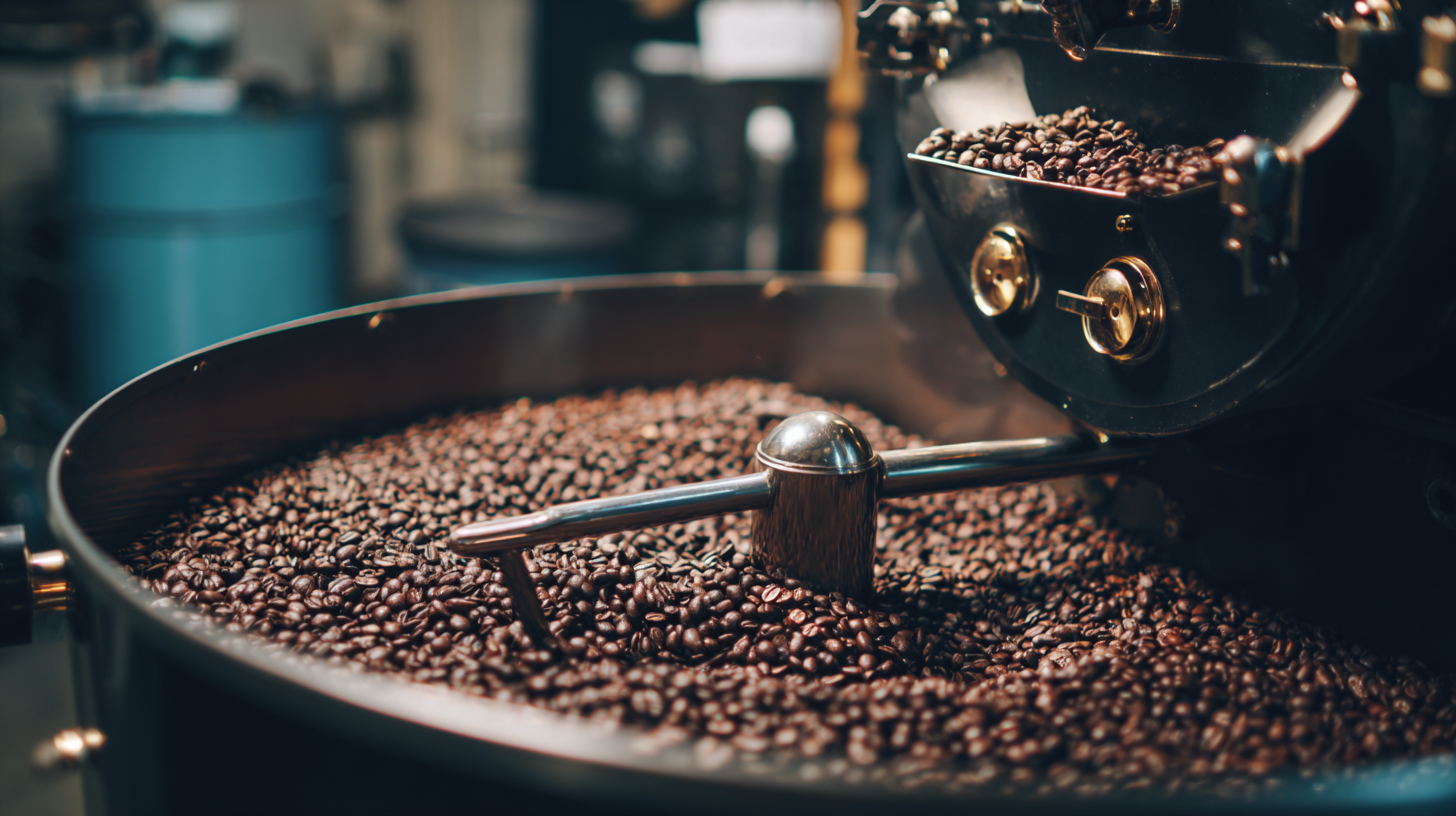
Customer support is another vital aspect to consider, as highlighted in a 2023 survey conducted by the Specialty Coffee Association, where over 67% of coffee entrepreneurs cited technical assistance as a deciding factor in their purchasing decisions. An effective support system not only aids in machine maintenance but also contributes to resolving operational challenges swiftly, minimizing downtime. Brands that offer comprehensive training and responsive support can enhance user experience and streamline the roasting process, ensuring your business remains competitive in a bustling market.
Related Posts
-
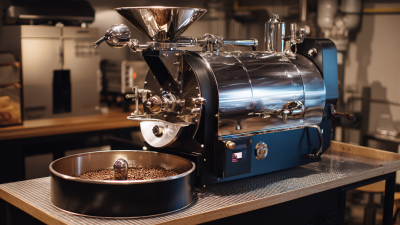
Global Coffee Roasting Trends Trustworthy Small Batch Machines from China's Manufacturing Advantage
-

5 Essential Tips for Choosing the Right Commercial Coffee Roasting Machine
-
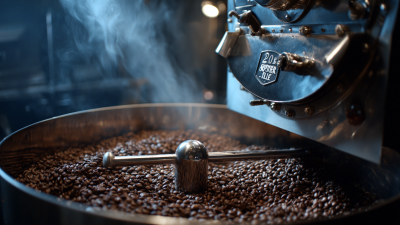
How to Choose the Best Sample Roaster for Your Coffee Business Success
-
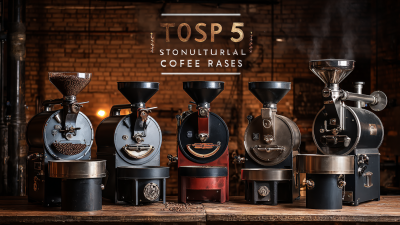
A Comprehensive Comparison of the Top 5 Best Industrial Coffee Roasters for Global Buyers
-
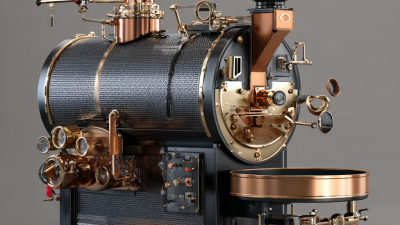
Discover the Advantages of the Best Coffee Bean Roaster Machine for Your Business
-
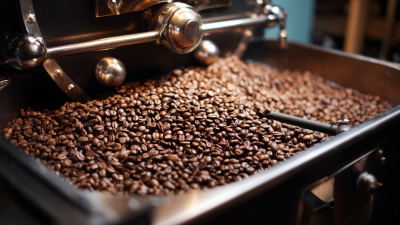
Innovative Solutions for Selecting the Best Coffee Bean Roaster for Your Business


